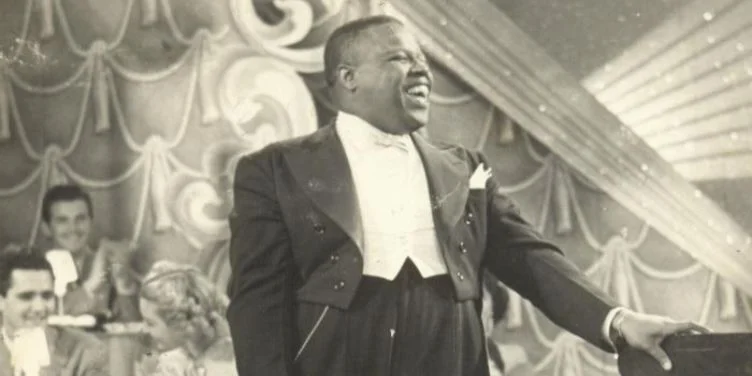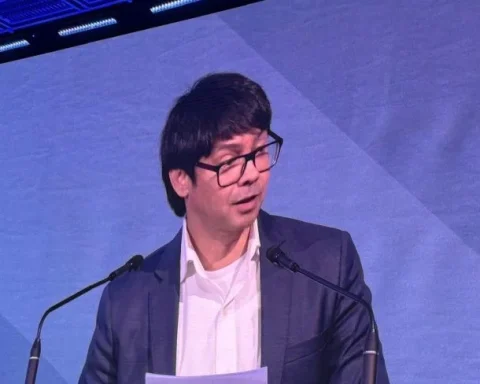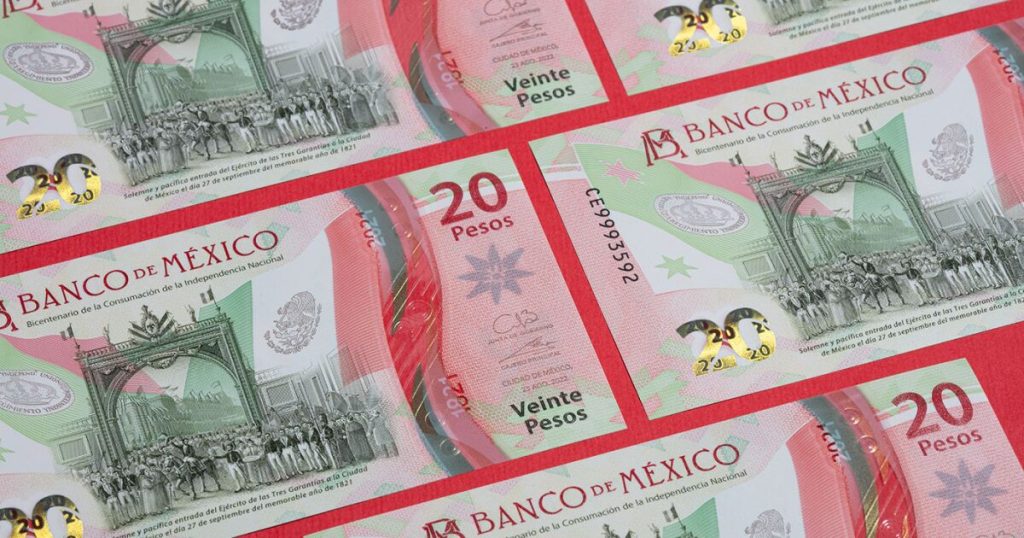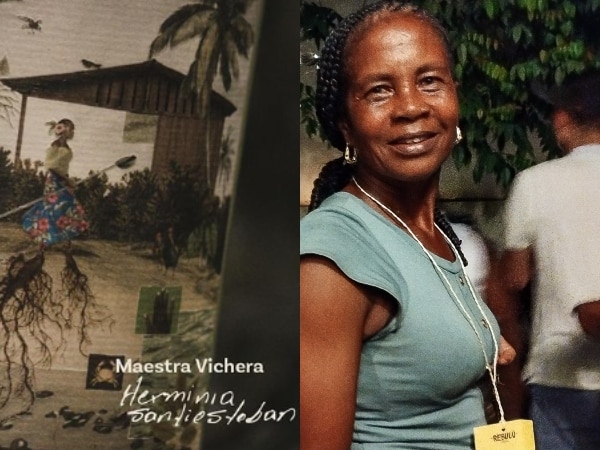SANTA CLARA, Cuba. – One night in the early 1930s, the well-known singer appeared on the scene of the popular Hotel Sevilla in Havana Rita Montaner next to a pianist dressed in the style of a lord English, black, round-faced, with a shaved head and an indisputable mastery to accompany La Única. This was how Bola de Nieve, the stage name that would accompany him throughout his life, became known.
This was, in fact, a childhood nickname of Ignacio Jacinto Villa y Fernández, born in the town of Guanabacoa On September 11, 1911, into a low-income family with 12 other siblings, many of whom died at an early age due to infectious diseases of the time.
Although he had enrolled in the José Mateu Conservatory at the age of 12 and later studied Teaching, El Bola initially earned his living working as a pianist for silent films at the Carral cinema. “I had to eat and I dedicated myself to playing the piano in a cinema…”, he confessed in one of his last interviews. “I don’t know if I started in art or if I was started. I didn’t have a job. motu proprio to say ‘I want to be…’. Never!
Together with Rita, the career of this unusual person took off showmanan artistic phenomenon that many described as “musical eccentric.” From that first encounter with the diva came her first tour Mexicowhich catapulted him to world fame and led him to the great Latin, European and North American stages alongside Ernesto Lecuona.
El Bola sang in several languages: English, French, Italian and Portuguese. They say that, after his performance at Carnegie Hall in New York, he had to go on stage nine times in front of the audience, who never stopped applauding and cheering him. The specialized press even compared him to the French Maurice Chevalier and the American Nat King Coleand Edith Piaf herself came to assure that nobody interpreted like him Life in pink.
Bola de Nieve created a unique and gestural style that broke the mold of cabarets despite appearing on stage with his impeccable etiquette, such as his unique interpretation of such picturesque themes as Messiah Julian: “I am a social black / I am intellectual and chic / and I went to Nova Yol / I know Broguay, Paris / I am a world artist and I don’t say more chachá.”
In addition to his glories, El Bola was criticized by some academy musicians due to his “scarce, rough, flattering voice, without a seductive tone, and his exotic repertoire,” according to Several researchers collectHe himself would respond to the criticism by claiming that he was not interested in impressing, but rather in touching the listener’s sensitivity.
In addition to the challenges he had to overcome due to social conventions, Bola de Nieve also lived with multiple prejudices because he never hid his homosexuality or his religious practices. In fact, the writer Enrique Núñez Rodríguez story that, on one occasion, he himself commented to him: “I like it when people say about me ‘What kind of artist Bola de Nieve is, what a pity he is homosexual!’, and not when they say: ‘How homosexual Bola de Nieve is, what a pity he is an artist!’”. On this particular subject, the writer Pere Montaner maintains that “Bola de Nieve unwittingly became the cultural ambassador of a homophobic regime that, on this occasion, turned a blind eye to the artist’s homosexuality”.
Several musicologists have gone so far as to claim that some of the songs that Ignacio Villa chose to perform were a reflection of his own “tormented life,” such as I can’t be happy, Adolfo Guzmán. As Montaner argues, he was a master in the art of combining the sometimes tragic diction of the bolero with the harmonies of blues and jazz, which is why he often provoked emotions in those who listened to him that could border on nostalgia or uneasiness to the point of making them cry.
He defined himself as “a sad man who sings happily.” His own testimonies confirm that he even underestimated himself: “I am not exactly a singer, but someone who says the songs… If I had a voice I would have sung seriously, I would sing opera, but I have the voice of a mango seller, I have the voice of a peach and plum seller; so I resigned myself to selling plums sitting at the piano.”
On several occasions Bola de Nieve assured that he did not consider himself a great composer but rather a composer of “cheap little songs” despite having created themes as shocking as If you could love me, I don’t want you to forget me either Oh, love.

















